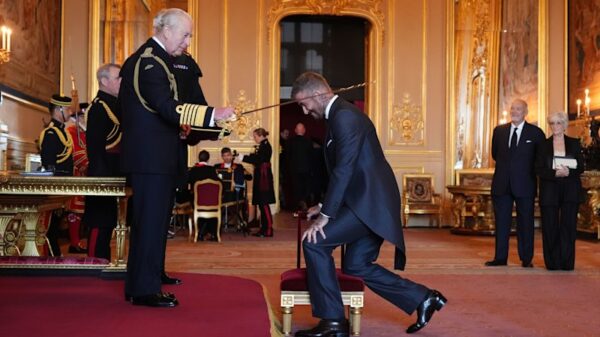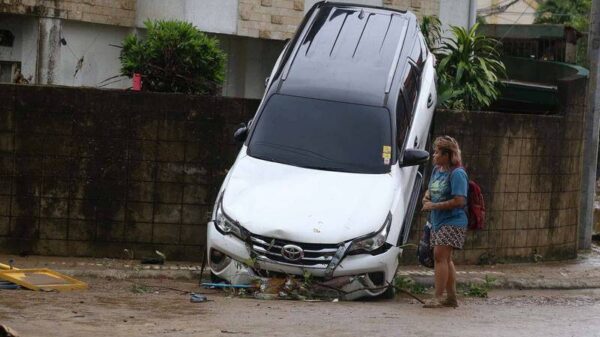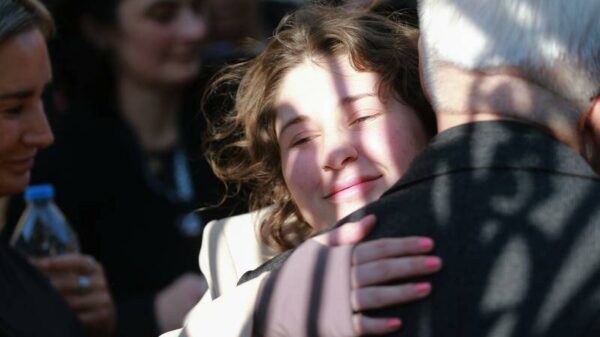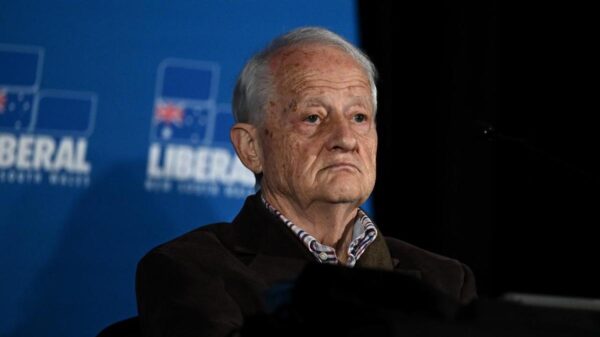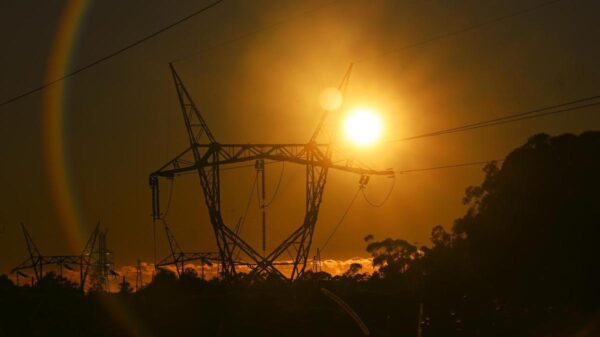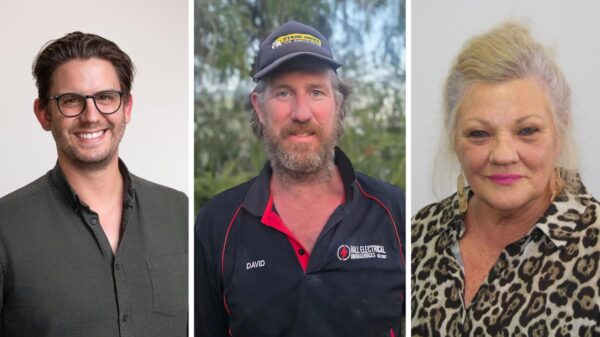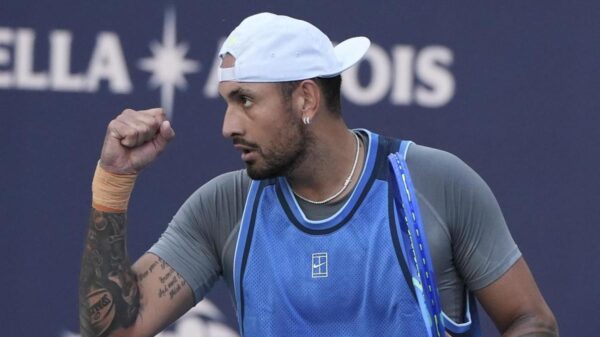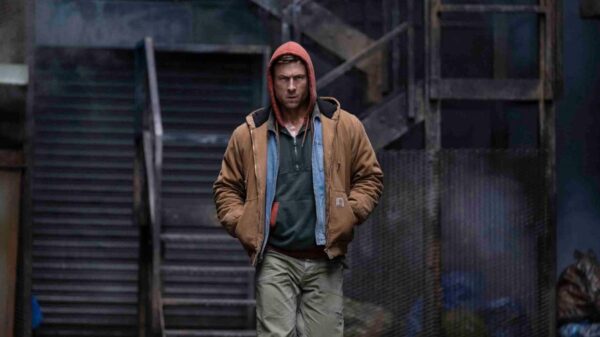Australia’s national security has come under serious scrutiny, with the director-general of the Australian Security Intelligence Organisation (ASIO), Mike Burgess, warning that there is a “realistic possibility” of foreign governments attempting to assassinate dissidents on Australian soil. Speaking at the 2025 Lowy Lecture, Burgess revealed that ASIO believes “at least three” nations are capable and willing to execute such plots.
He highlighted a disturbing trend of hostile foreign governments not only targeting dissidents but also undermining social cohesion, critical infrastructure, and defence secrets in Australia. Burgess pointed to an instance where a foreign intelligence service attempted to use an Australian citizen to relay confidential information offshore, demonstrating the ongoing threat of espionage and foreign interference.
Foreign Influence and Espionage
Burgess detailed how ASIO uncovered an effort by a foreign spy agency to recruit Australians for intelligence on various topics, including the economy and the $368 billion AUKUS submarine program. “The spies wanted to hand over a list of their intelligence requirements,” Burgess stated. Remarkably, ASIO managed to track and manipulate the foreign operatives’ activities, revealing both the audacity and the recklessness of such attempts.
He specifically referenced Iran’s foreign interference plot, which involved local criminals conducting arson attacks on Jewish businesses and places of worship in Australia. This operation exemplifies how authoritarian regimes are increasingly willing to engage in “high-harm operations” within Australia, often attempting to mask their involvement by using intermediaries.
Burgess also cited Russia’s role in spreading disinformation, which aims to inflame societal divisions. “Regimes are operating in a security grey zone,” he noted, referring to the use of non-traditional tools to interfere in decision-making processes in Western democracies.
Impact on Social Cohesion
The ASIO director-general expressed grave concerns about the fraying of Australia’s social fabric, a situation he attributed to disinformation, conspiracy theories, and deliberate foreign manipulation. Burgess stated, “Community cohesion remains a great blessing, but it is under siege.” He specifically pointed to Russian-backed operatives who are using online platforms to push divisive narratives, particularly surrounding events like the invasion of Ukraine.
ASIO identified three groups responsible for undermining social cohesion: the aggrieved, the opportunistic, and the cunning. The aggrieved are individuals driven by personal grievances, while the opportunistic include extremist organizations exploiting social fractures. The cunning encompass nation-states deliberately stoking division.
Extremist groups are becoming increasingly adept at manipulating public sentiment, with Burgess naming the far-right National Socialist Network and the religious organization Hizb ut Tahrir as notable examples. These groups leverage public events and online rhetoric to test the limits of legality and exacerbate societal divisions.
Burgess warned that advances in artificial intelligence are accelerating these harmful dynamics. “While the internet incubates grievances, social media accelerates them, and artificial intelligence exacerbates the situation,” he explained. This convergence of online extremism, foreign interference, and technological manipulation has created a complex domestic security environment with unprecedented challenges.
Despite these stark warnings, Burgess expressed a level of guarded optimism regarding Australia’s resilience. He emphasized the importance of community involvement in countering division and maintaining stability. “You cannot spy your way to greater cohesion or arrest your way to fewer grievances,” he stated, urging all Australians to consider their roles in fostering a more united society.
In closing, Burgess highlighted that while the threats facing Australia are significant, they are not insurmountable. “We should not be defeatist or insecure about our security,” he affirmed, encouraging confidence in Australia’s ability to respond effectively to these challenges.






